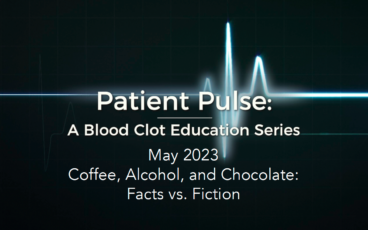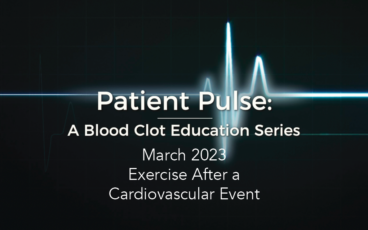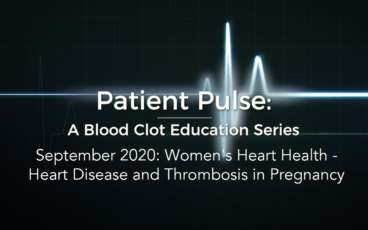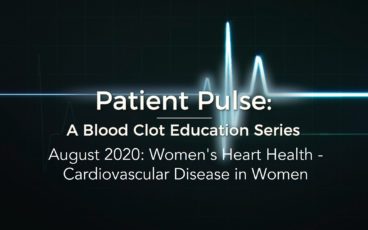Blood clots play a major role in myocardial infarction (MI), or heart attack. Over time, the coronary arteries can develop plaques—a buildup of cholesterol, fibrous tissue, and inflammatory cells—in a process called atherosclerosis. Smoking, high blood pressure, high cholesterol, and diabetes are risk factors for atherosclerosis; over time, they cause injury to the blood vessels and lead to more plaque formation. In some cases, these plaques become unstable and fracture, triggering the body to form a blood clot at that site. The blood clot may block the coronary artery and starve the heart muscle of oxygen and nutrients, resulting in a heart attack.
Signs and symptoms of a heart attack include:
- Chest pain or discomfort
- Feeling weak, light-headed, or faint
- Pain or discomfort in the jaw, neck, or back
- Pain or discomfort in one or both arms or shoulders
- Shortness of breath






